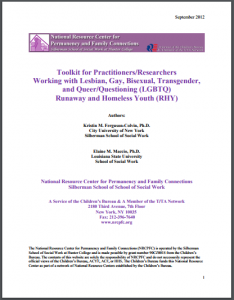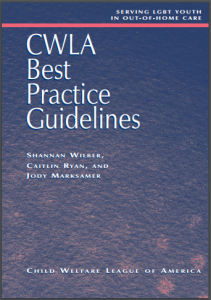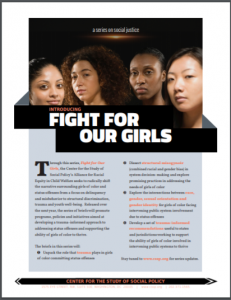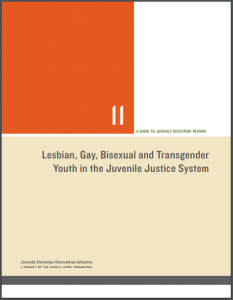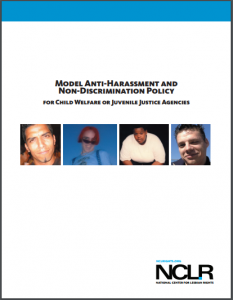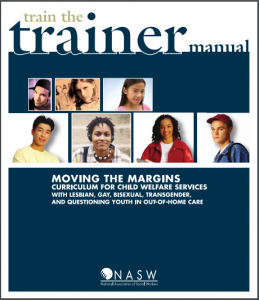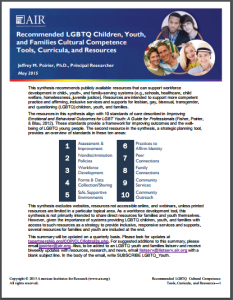With the Comprehensive Services Model, LGBTQ-affirming drop-in centers serve as a one-stop shop. Using a strengths-based case management model, youth at the drop-in center have access to a comprehensive array of LGBTQ-affirming services within the center. Some of the service providers available include Medicaid enrollment specialists, physicians, and attorneys. Staff and peers offer group skills training throughout the day.
Ferguson & Maccio, 2012



